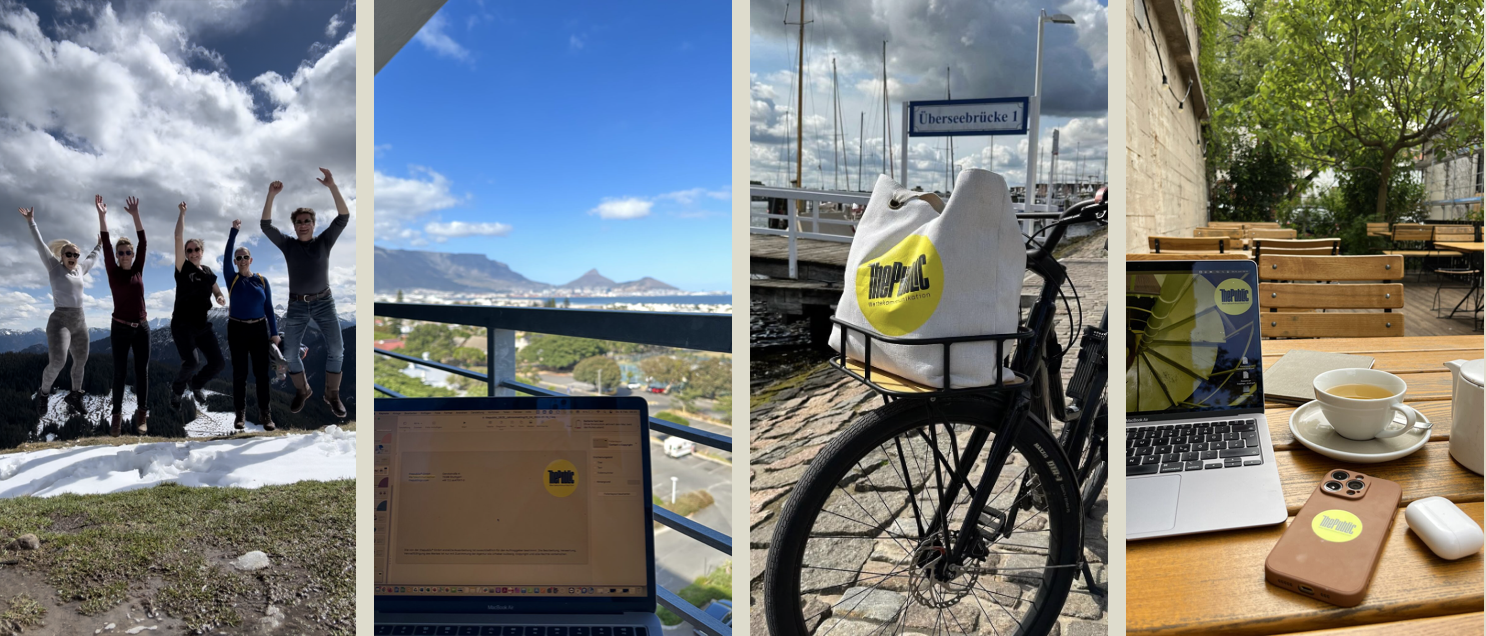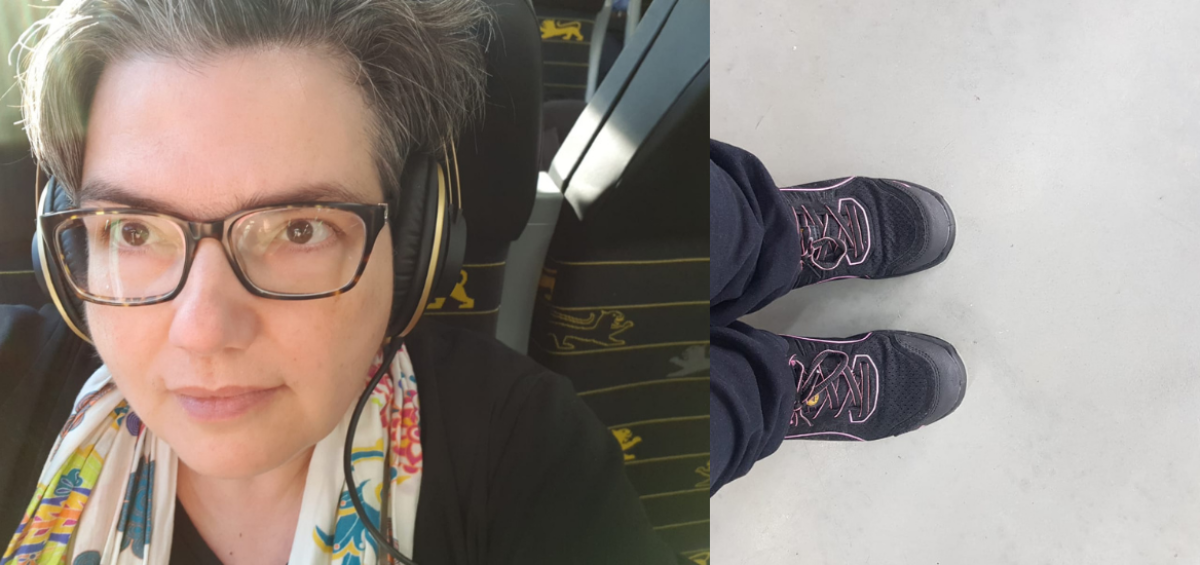From Berlin to Stockholm – Success strategies for international PR work
International PR is much more than just translating a press release. Every region has its own media culture, its own rules and communication styles. If you want to communicate successfully across borders, you need to understand the respective media landscape and its peculiarities. PR experts from Germany, the UK and Sweden provide insights into their daily work – and reveal what really matters in international PR.
What does “media landscape” actually mean?
A media landscape encompasses all channels through which a brand or company communicates with the public—from traditional media such as newspapers, magazines, radio, and TV to digital channels such as online portals, social media, blogs, podcasts, and influencers.
A sound knowledge of these media landscapes is the basis for successful international PR. This is the only way to assess:
Which channels are used to reach relevant target groups, which journalists and editorial offices are key contacts, and which topics are currently being discussed.
An overview of the German media landscape
The German media landscape reflects the federal structure of the country: decentralized, diverse, and high-quality. Leading national media outlets are based in Hamburg, Frankfurt, Munich, or Berlin. At the same time, strong regional daily newspapers shape the trust of their readership.
With almost 7,000 print and online media outlets—including the largest number of special interest magazines in Europe—Germany offers an enormous range. Ethics, data protection, and the separation of editorial and advertising are firmly established principles.
The 5 Dos of PR in Germany
- Offering relevance and added value: Good preparation is crucial. Only tailor-made content with genuine news value is convincing.
- Communicate clearly and factually: facts instead of empty phrases. Understandable language and verifiable data are a must.
- Provide professional press material: High-resolution images, quotes, and information should be available without login barriers.
- Service and availability: Journalists appreciate quick, reliable responses and professional contacts.
- Patience and timing: It is acceptable to follow up once, but not to exert pressure.
The 5 Don’ts of PR in Germany
- Do not request publication or demand editorial approval.
- Do not harass journalists.
- Do not conceal any important facts.
- Do not use impersonal mass mailing lists.
An overview of the British media landscape
The British market moves quickly. London is the center, Manchester the second media metropolis—especially due to the BBC headquarters. The market is heavily news-driven: a good story can go online within hours.
The 5 Dos of PR in the UK
- Personalize every pitch: Refer to the journalist’s recent articles and topics.
- Use newsjacking: cleverly embed your own topics in current news contexts.
- Focus on speed: If there is interest, data, quotes, and images must be available immediately.
- Mastering subject lines: Short, concise, attention-grabbing.
- Use current KPIs and metrics: Focus on reach, tonality, share of voice, and backlinks, but not on advertising equivalency value (AEV), as this is no longer as relevant.
The 5 Don’ts of PR in the UK
- Don’t pitch irrelevant topics.
- No unannounced calls.
- Don’t underestimate the speed of the market.
- Don’t just focus on London – Manchester is also one of the major media hubs
An overview of the Swedish media landscape
In Sweden, trust is paramount. The media landscape is centralized, with Stockholm at its heart. However, Gothenburg, Malmö, and Umeå also play important roles. Journalists are considered to be very busy—if you want to be successful, you have to build relationships and maintain them over the long term.
The 5 Dos of PR in Sweden
- Dialogue before pitch: Talk first, then pitch. Develop topics together.
- Clarity and precision: Short, structured emails—no beating around the bush.
- Realistic expectations: PR successes take time.
- Patience and respect: Don’t expect quick results—relationships grow slowly.
- Tailored approach: Know the journalist’s interests and work in detail.
The 5 Don’ts of PR in Sweden
- Never follow up persistently.
- No news without real added value.
- Don’t lose patience.
- No impersonal mass emails.
- Do not ignore regional media.
Conclusion: International PR requires cultural sensitivity
International PR means adapting communication to cultural, linguistic, and media differences. While precision counts in Germany, speed and timing score points in the UK—and trust and patience in Sweden.
Those who understand and respect the media landscape will communicate more successfully in the long term – across borders.




